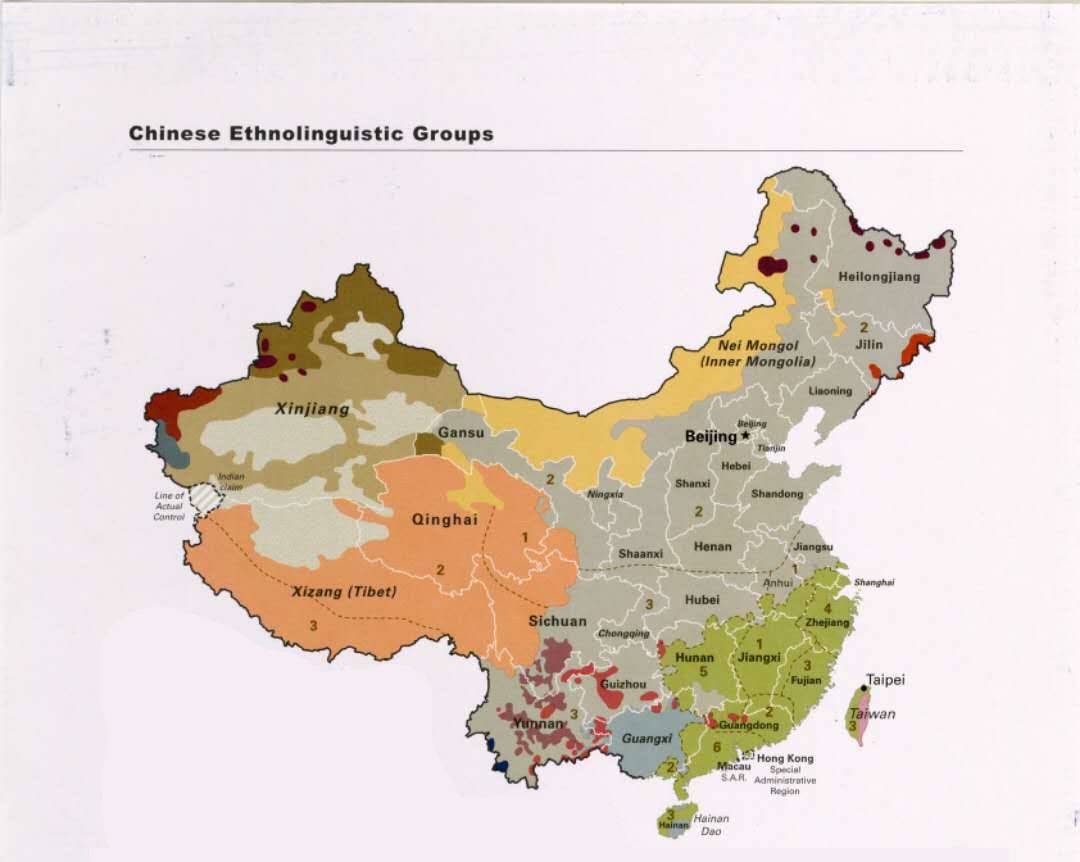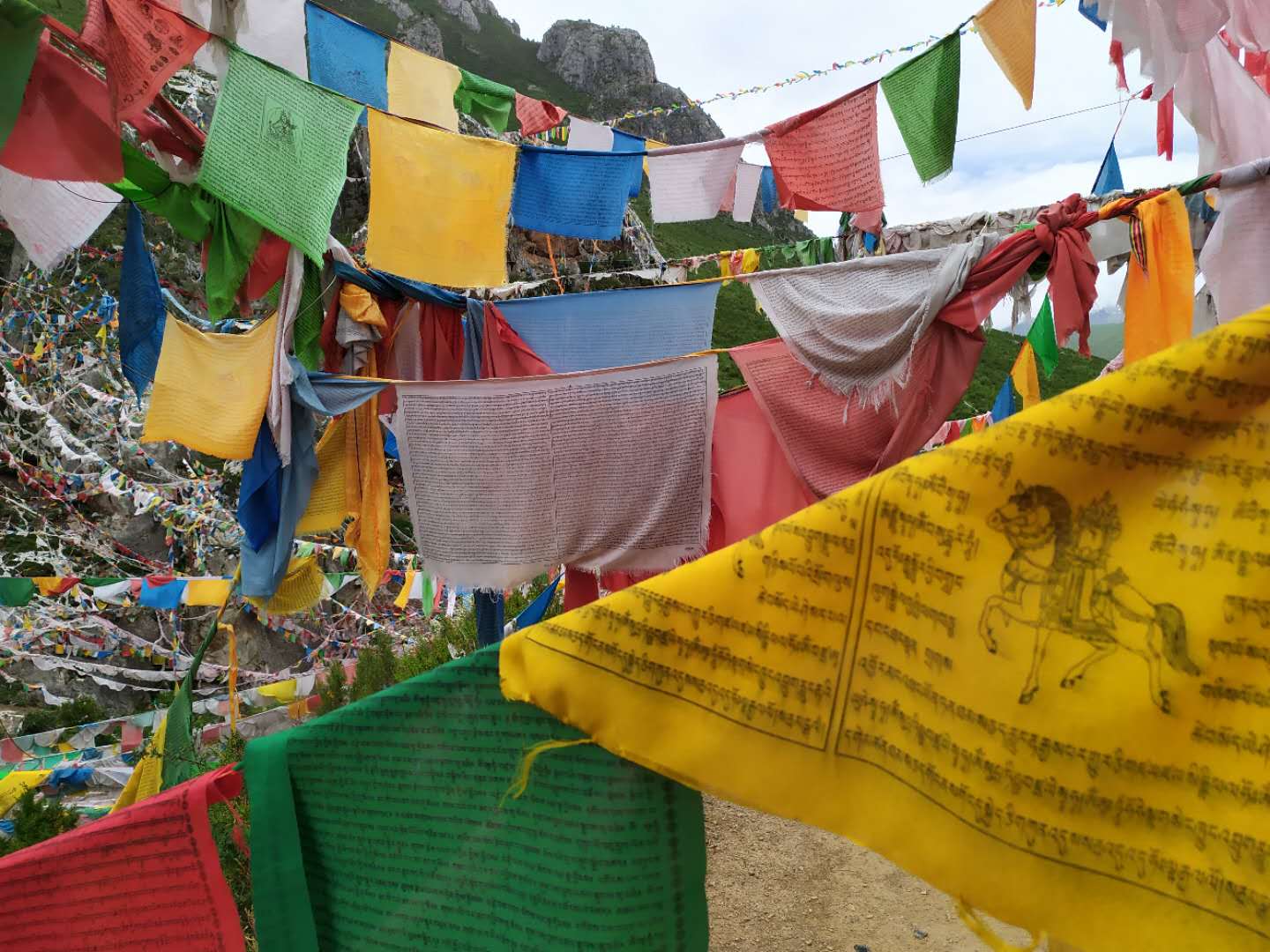Language And Inner Scuba Diving
What if by learning languages, you could be exploring the depths of the psyche as a side-effect?
I’ve been learning mandarin for a few months and my brain has been PULSING because of all the slight flavors of words and sounds, and the nuances in phrases for everyday tasks and objects. I haven’t even gotten very deep into abstract concepts, but I can see it’s a totally separate space. Feels like exploring a familiar place in a parallel dimension, with different textures and colors.
Romantically, I like to think of languages as products of the stories and recurring common experiences of their speakers throughout the ages. Speaking and thinking in several languages as window into fundamental human-ness. Not because individual words themselves shine light on archetypes (although there may be some particularly tidy showcases of this that I’m missing), but because of the whole of a language offering insight into the experience of its speakers, integrating into one’s own mind some of the perspective and identity of a people.

Chinese ethnolinguistic groups
Borrowing Wittgenstein’s term, we can look at languages as collections of “language games” and by collecting, identifying, and integrating the common and idiosyncratic rule-sets present in different contexts, we may construct better models of the mind. Many of these games may be contigent on the environment they originated in; some of them will be very similar, and those might be distilled to improve one’s understanding of human condition.
However, given language originates for communication between individuals, might it merely provide superficial insights into the inner landscape? Probably not. Our inner fauna of archetypes is likely what evolved to produce useful behaviours from inside, and certainly has a big role in developing these protocols by which we coordinate.

“Man’s task is…to become conscious of the contents that press upward from the unconscious. Neither should he persist in his unconsciousness nor remain identical with the unconscious elements of his being, thus evading his destiny, which is to create more and more consciousness. As far as we can discern, the sole purpose of human existence is to kindle a light in the darkness of mere being.” (Memories, Dreams, Reflections, Carl Jung)
The world outside is vast and full of complexity and color and fun, but so is the one within. The inner space is mapped a lot less than the outside one. Presumably because the most useful part of it is what’s common across people, the collective unconscious. The CU is the rocky landscape on which the sediments and seeds of the individual unconscious and the conscious selves are set and grow.

Princess Wencheng Memorial site, Yushu, Qinghai, Tibetan Plateau
People explore their interior by meditating, thinking, having conversations, by taking drugs, and having deep relationships, but I’d never considered you could get deep insight into the collective unconscious by learning languages and using them to understand things that aren’t explicit or even explainable in any single one, commonalities only evident from several points at once. That’s beautiful.
(Disclaimer: I found this book called “Words and the Mind, How Words Capture Human Experience” that I should probably have read before writing about this, but since I haven’t posted in a while (exam season + backpacking in Tibet) I just decided to publish and get rid of these paragraphs that had been staring at me for way too long.)
Jun 25, 2019